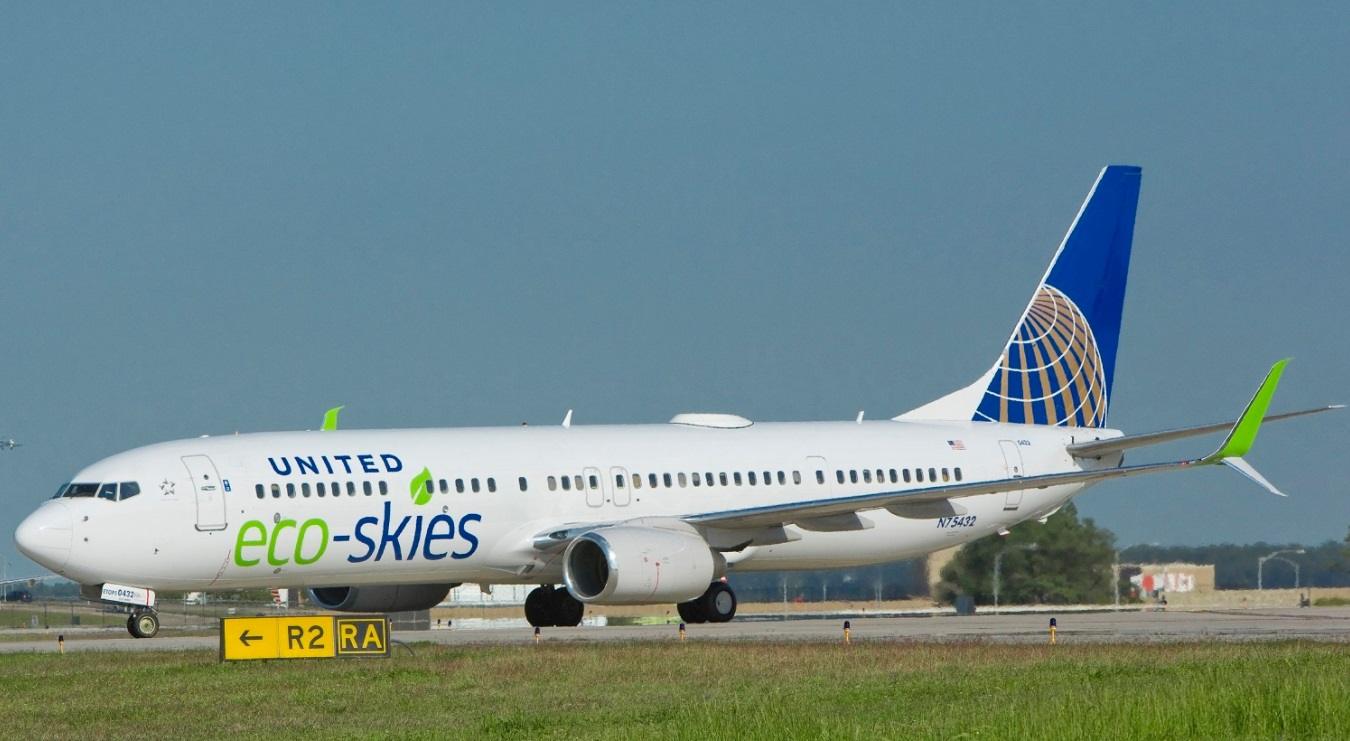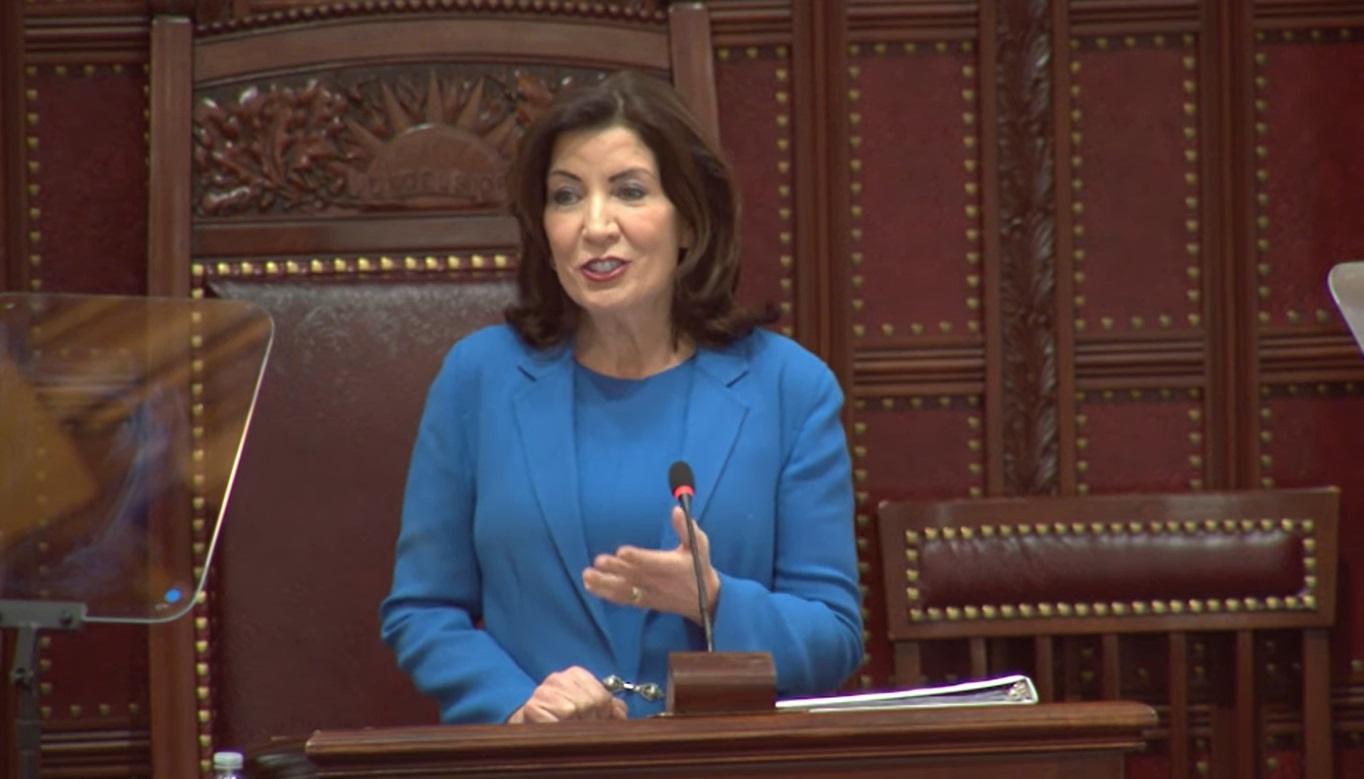United Airlines Sets Target to Eliminate GHG Emissions by 2050 – Without Relying on Offsets
United Airlines announced today a significant expansion to its sustainability goals, pledging to reduce greenhouse gas emissions by 100% by 2050, compared its prior goal of a 50% reduction. The company said that it aims to achieve this goal using direct emission reduction measures, including investments in Direct Air Capture technology, rather than relying on indirect measures such as carbon offsetting. In addition, United will continue to invest in the development and use of sustainable aviation fuel (SAF).
Air transport has come under increasing scrutiny in recent years as a significant contributor to GHG emissions. According to European Commission estimates, aviation accounts for 2% of global GHG emissions. Without efficiency improvements, aviation emissions are likely to increase along with the steady rise in air travel forecast over the next several decades.
United stated that it will make a multimillion-dollar investment in Direct Air Capture (DAC) technology company in 1PointFive, a partnership between Oxy Low Carbon Ventures and Rusheen Capital Management. According to 1PointFive, DAC pulls air into its systems and, through a series of chemical reactions, extracts the CO2 – similar to how trees absorb CO2 for photosynthesis, but faster and with less land use – and delivers the carbon in a pure, compressed CO2 form that can then be stored permanently underground. United’s investment will help 1PointFive build the first industrial-sized Direct Air Capture plant in the United States, expected to enable the capture and permanent sequester of one million tons of CO2 each year, the equivalent of the work of 40 million trees.
SAF is seen by market participants as one of the key tools for the industry to address its emissions impact, as it generates 80% less lifecycle carbon emissions than conventional jet fuel. SAF is generally produced from sustainable resources, like waste oils and agricultural residues, or even from carbon captured from the air, rather than from fossil fuels. United is the largest global airline user of SAF, and holds more than 50% of all publicly announced future purchase commitments to using the fuel.
Scott Kirby, United’s Chief Executive Officer, said:
“As the leader of one of the world’s largest airlines, I recognize our responsibility in contributing to fight climate change, as well as our responsibility to solve it. These game-changing technologies will significantly reduce our emissions, and measurably reduce the speed of climate change – because buying carbon offsets alone is just not enough. Perhaps most importantly, we’re not just doing it to meet our own sustainability goal; we’re doing it to drive the positive change our entire industry requires so that every airline can eventually join us and do the same.”






